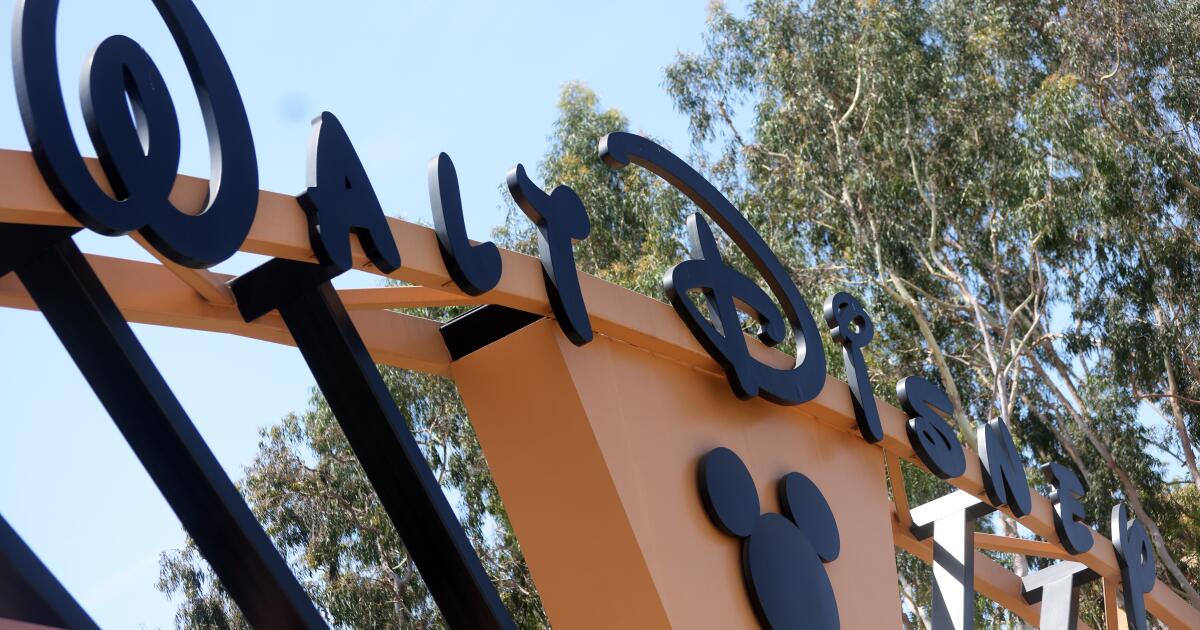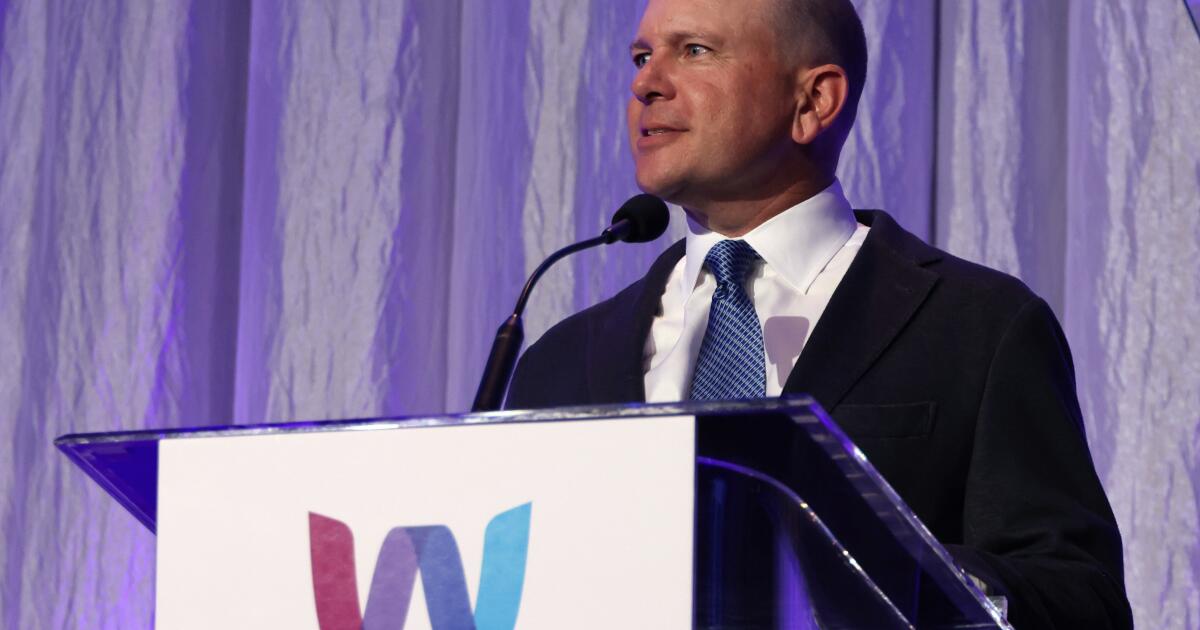Disney warns that ESPN, ABC and other channels could go dark on YouTube TV
Walt Disney Co. is alerting viewers that its channels may go dark on YouTube TV amid tense contract negotiations between the two television giants.
The companies are struggling to hammer out a new distribution deal on YouTube TV for Disney’s channels, including ABC, ESPN, FX, National Geographic and Disney Channel. YouTube TV has become one of the most popular U.S. pay-TV services, boasting about 10 million subscribers for its packages of traditional television channels.
Those customers risk losing Disney’s channels, including KABC-TV Channel 7 in Los Angeles and other ABC affiliates nationwide if the two companies fail to forge a new carriage agreement by next Thursday, when their current pact expires.
“Without an agreement, we’ll have to remove Disney’s content from YouTube TV,” the Google Inc.-owned television service said Thursday in a statement.
Disney began sounding the alarm by running messages on its TV channels to warn viewers about the blackout threat.
The Burbank entertainment company becomes the latest TV programmer to allege that the tech behemoth is throwing its weight around in contract negotiations.
In recent months, both Rupert Murdoch’s Fox Corp. and Comcast’s NBCUniversal publicly complained that Google’s YouTube TV was attempting to unfairly squeeze them in their separate talks. In the end, both Fox and NBCUniversal struck new carriage contracts without their channels going dark.
Univision wasn’t as fortunate. The smaller Spanish-language media company’s networks went dark last month on YouTube TV when the two companies failed to reach a deal.
“For the fourth time in three months, Google’s YouTube TV is putting their subscribers at risk of losing the most valuable networks they signed up for,” a Disney spokesperson said Thursday in a statement. “This is the latest example of Google exploiting its position at the expense of their own customers.”
YouTube TV, for its part, alleged that Disney was the one making unreasonable demands.
“We’ve been working in good faith to negotiate a deal with Disney that pays them fairly for their content on YouTube TV,” a YouTube TV spokesperson said in a statement. “Unfortunately, Disney is proposing costly economic terms that would raise prices on YouTube TV customers and give our customers fewer choices, while benefiting Disney’s own live TV products – like Hulu + Live TV and, soon, Fubo,” YouTube TV said.
Disney’s Hulu + Live TV competes directly with YouTube TV by offering the same channels. Fubo is a sports streaming service that Disney is in the process of acquiring.
YouTube said if Disney channels remain “unavailable for an extended period of time,” it would offer its customers a $20 credit.
The contract tussle heightens tensions from earlier this year, when Disney’s former distribution chief, Justin Connolly, left in May to take a similar position at YouTube TV. Connolly had spent two decades at Disney and ESPN and Disney sued to block the move, but a judge allowed Connolly to take his new position.
YouTube TV launched in April 2017 for $35 a month. The package of channels now costs $82.99.
To attract more sports fans, YouTube TV took over the NFL Sunday Ticket premium sports package from DirecTV, which had been losing more than $100 million a year to maintain the NFL service. YouTube TV offers Sunday Ticket as a base plan add-on or as an individual channel on YouTube.
Last year, YouTube generated $54.2 billion in revenue, second only to Disney among television companies, according to research firm MoffettNathanson.
The dispute comes as NFL and college football is in full swing, with games on ABC and ESPN. The NBA season also tipped off this week and ESPN prominently features those games. ABC’s fall season began last month with fresh episodes of such favorite programs as “Dancing with the Stars” and “Abbott Elementary.”
ABC stations also air popular newscasts including “Good Morning America” and “World News Tonight with David Muir.” Many ABC stations, including in Los Angeles, run Sony’s “Wheel of Fortune” and “Jeopardy!”
“We invest significantly in our content and expect our partners to pay fair rates that recognize that value,” Disney said. “If we don’t reach a fair deal soon, YouTube TV customers will lose access to ESPN and ABC, and all our marquee programming – including the NFL, college football, NBA and NHL seasons – and so much more.”

